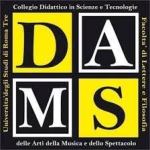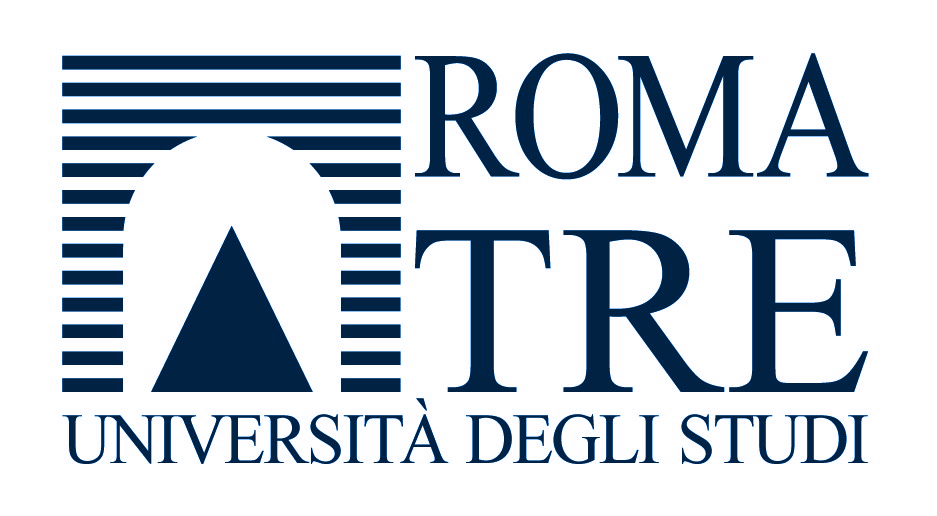Lingzhen Wang is Professor at Brown University specializing in modern Chinese literature and film, critical theory, and transnational feminist studies. She is the author of Personal Matters: Women’s Autobiographical Practice in Twentieth Century China (Stanford UP, 2004) and Socialist Feminism as Mainstream Culture: Revisiting Chinese Women’s Cinema, 1949–1987 (forthcoming from Duke UP). She edited Years of Sadness (Cornell East Asian Press, 2009), Chinese Women’s Cinema: Transnational Contexts (Columbia UP, 2011), and Other Genders, Other Sexualities: Chinese Differences (Duke UP, 2013). She is the US director of the Nanjing-Brown Joint Program in Gender Studies and the Humanities and co-founder and co-editor of a Chinese book series, Gender, Theory, and Culture (2010-).
The Black Velvet Aesthetic: Universal Cultural Feminism and Chinese Neotraditionalism in Huang Shuqin’s Woman Demon Human (1987)
Post-Mao Chinese feminist film scholars had bemoaned the lack of feminist or female films in the history of Chinese cinema until 1987 when Huang Shuqin’s Woman Demon Human was released. The film has since received critical acclaim, considered by many as “the highest achievement of Chinese women’s cinema,” “full of female consciousness,” and “the only feminist/female film in Chinese film history.” What does it mean to designate Woman Demon Human as the first or only feminist/female film in Chinese history? What kind of female consciousness does the film articulate? And what is the film’s relationship to the global influence of Western post-Second Wave feminism, the rise of Chinese masculine mode of cultural reflection, and the return of traditional values in the late 1980s when China moved steadily to a market economy? My talk explores these questions and offers a revisionist analysis of the film by particularly examining, among other things, the film’s essentialist (xieyi) aesthetic.








